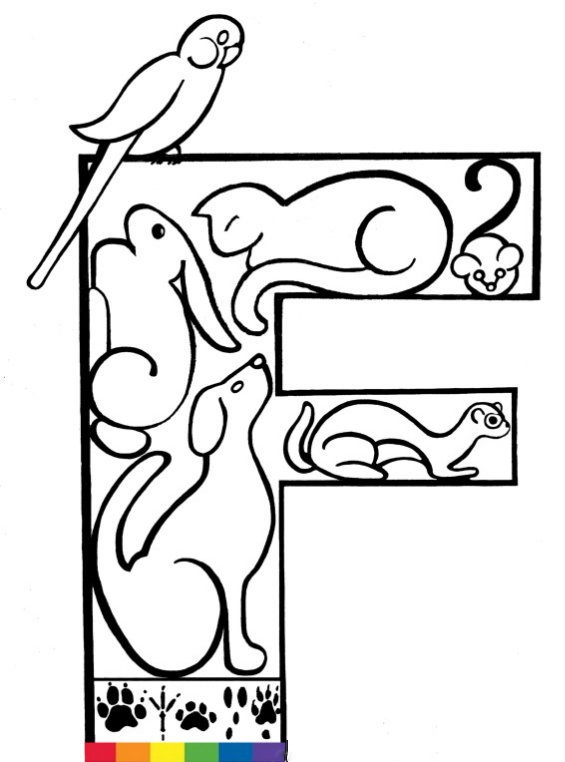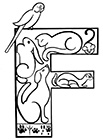CANINE PARVOVIRUS
- Canine parvovirus is a highly contagious virus that can affect all dogs. Unvaccinated dogs and puppies younger than four months old are the most at risk. The virus is spread by direct dog-to-dog contact and contact with contaminated feces. It is resistant to heat and cold, and can survive in the environment for long periods of time. The virus is readily transmitted from the hair or feet of dogs or via contaminated cages or shoes.
- Some of the signs of parvovirus include lethargy; loss of appetite, fever, vomiting, and severe diarrhea. This can cause rapid dehydration, and damage to the intestines and immune system can cause septic shock.
- Most deaths from parvovirus occur within 48 to 72 hours following the onset of clinical signs. If your puppy or dog shows any of these signs, you should contact your veterinarian immediately. Fecal testing can confirm the diagnosis.
- No specific drug is available that will kill the virus in infected dogs, and treatment is intended to support the dog's body systems until the dog's immune system can fight off the viral infection. Treatment should be started immediately and consists primarily of intensive care efforts to combat dehydration by replacing electrolyte, protein and fluid losses. When a dog develops parvo, treatment can be very expensive, and the dog may die despite aggressive treatment. Early recognition and aggressive treatment are key. With proper treatment, survival rates can approach 90%.
- Proper cleaning and disinfection of areas where infected dogs are (or have been) housed is essential to control the spread. The virus is not easily killed, so consult your veterinarian for specific guidance on cleaning and disinfecting agents.
- Vaccination and good hygiene are critical components of prevention.
- Young puppies are very susceptible to infection, because the natural immunity provided in their mothers' milk may wear off before the puppies' own immune systems are mature enough to fight off infection. If a puppy is exposed to canine parvovirus during this gap in protection, it may become ill. Puppies should receive a dose of canine parvovirus vaccine between 14 and 16 weeks of age, regardless of how many doses they received earlier, to develop adequate protection.
- To protect their adult dogs, pet owners should be sure that their dog's parvovirus vaccination is up-to-date. Ask your veterinarian about a recommended prevention program for your dog.
- Until a puppy has received its complete series of vaccinations, pet owners should use caution when bringing their pet to places where young puppies congregate.
- Finally, do not let your puppy or adult dog to come into contact with the fecal waste of other dogs while walking or playing outdoors.

